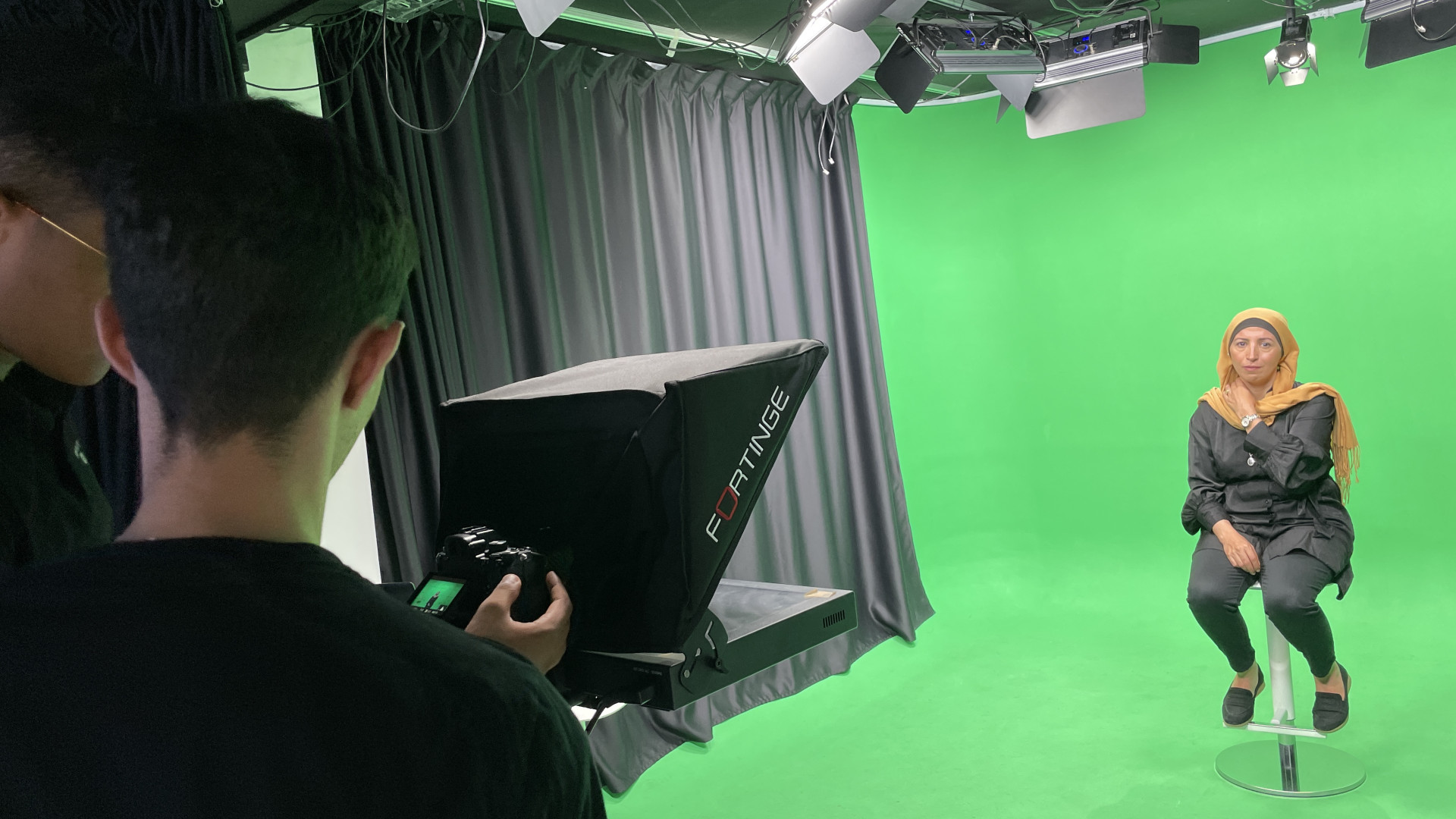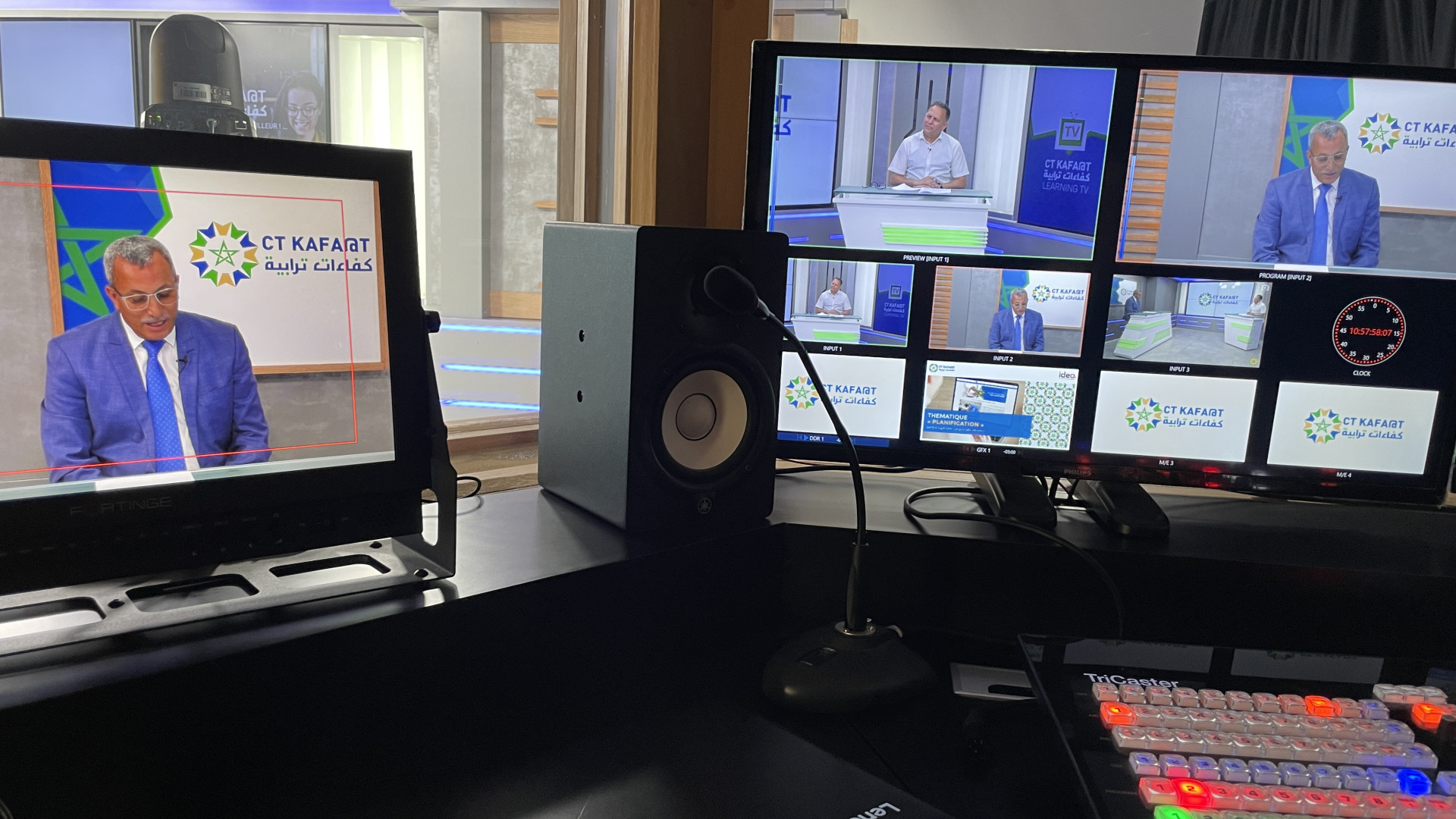

The crucial importance of online training is at the heart of e-TAMKEEN's concerns. In an increasingly digital world, a phenomenon exacerbated by the Covid-19 pandemic, the use of learning management systems (LMS) has become essential for acquiring new knowledge and skills. In response to this need, e-TAMKEEN has developed a dedicated digital learning project, offering Moroccan administrations a platform specifically designed for civil servants (women and men), with online training tailored to their specific needs, expectations and constraints. The ambition is to integrate this initiative into the Moroccan ministries and public bodies themselves, which means stepping up the efforts already being made to acculturate civil servants (women and men) in terms of online training. However, this approach faces a major challenge: the various departments of the Moroccan public administration have not all initiated their distance learning projects at the same time, which has led to major disparities in terms of experience and needs. Aware of this reality, e-TAMKEEN has developed a specific e-learning support strategy for its partners. More specifically, this involves tailored support designed to meet the specific requirements of each entity, with the aim of building capacity in an optimal and relevant way within the Kingdom's public sector.
It therefore turned out that the most appropriate format was personalised coaching sessions for the project's partner departments involved in e-learning activities. Five departments were identified by the project team: the General Delegation of Territorial Collectivities, the Ministry of Economic Inclusion, Small Business, Employment and Skills, the Ministry of Solidarity, Women, the Family and Social Development, the Ministry of the Economy and Finance, and the Ministry of Agriculture, Sea Fishing, Rural Development and Water and Forests. The representatives of these administrations were invited to take part in five-day coaching sessions, both online and face-to-face, based on their specific needs in terms of e-learning and module construction. This approach enabled them to tackle all aspects of creating online modules, from instructional design to video production and editing.